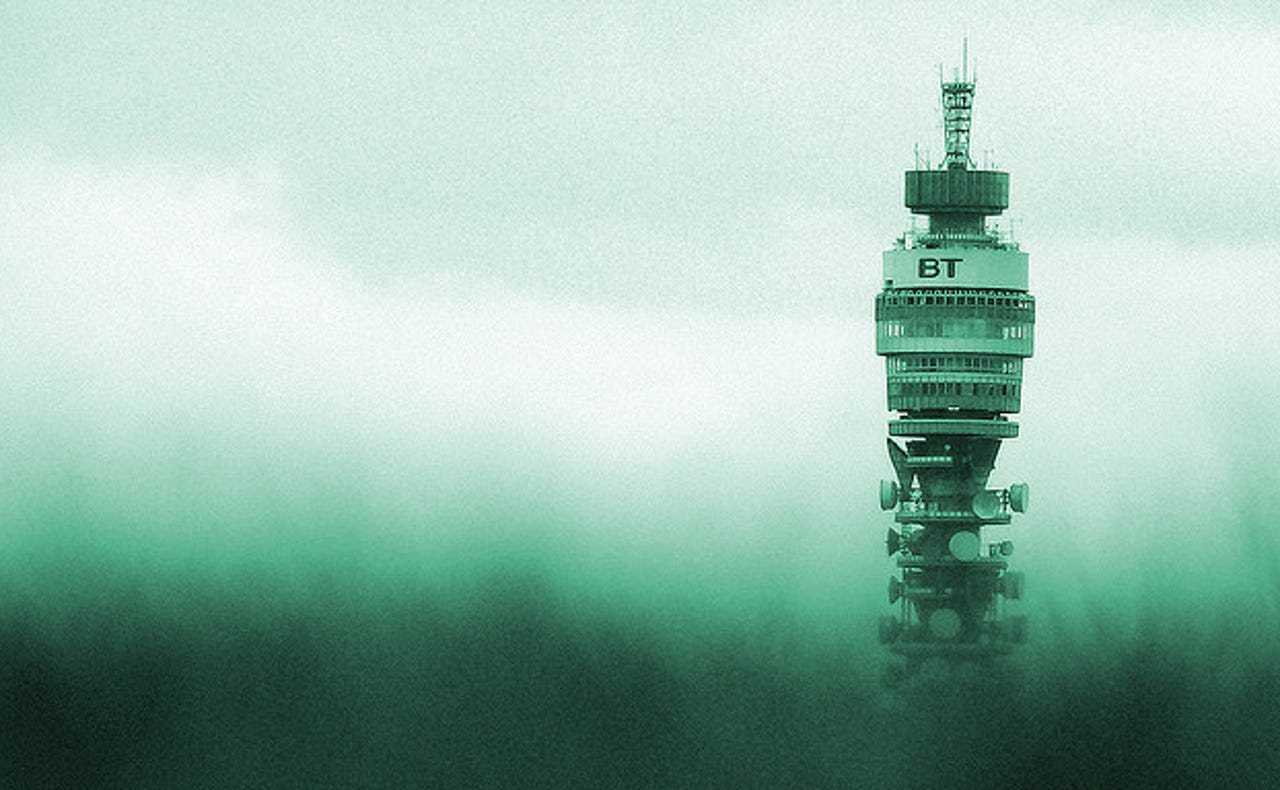UK anti-piracy law to go ahead after ISPs appeal fails

BT and TalkTalk, the two largest broadband providers in the UK, have lost an appeal over measures in which ISPs would be forced to act as copyright infringement 'police' on their networks.
Their bid to overturn a High Court decision backing the measures, which is thought to help claw back the thought to be £400 million lost each year in lost revenue, was turned down this morning.
ISPs will now have to send letters to alleged copyright infringers and file sharers warning them that their service could be cut off and barred from accessing the Web.

For ISPs, filters and blocks will have to be put in place at their expense, which will surely be passed onto the customer in higher broadband fees. For customers, it could result in users being cut off from the Web.
BT with 8 million users, and TalkTalk with 4 million users, makes up around one-tenth of the UK population.
The ISPs had argued that the Digital Economy Act, which was rushed through Parliament during the last few days of the previous Labour government, was incompatible with European law. Today's appeal closes two years of legal challenges, and confirms that it is compatible with Europe.
This comes only weeks after the controversial SOPA bill in the United States was shelved.
The anti-piracy law also faced further criticism after UK government officials admitted it has 'no evidence' to support the Digital Economy Act.
Image source: Taro Taylor/Flickr.
Related:
- ‘We had no evidence for anti-piracy law’, UK government admits
- France claims ‘three strikes’ piracy law is working
- Lobbyists ‘held closed-door meetings’ with UK government to censor Web
- Anti-piracy laws passed: ‘Fears of wave of censorship’ raised
- Twitter’s ‘landmark’ court ruling: Why British free speech is over
- Between the Lines: SOPA: Why the ‘broken web’ should stay broken
- ISPs versus SOPA: Anti-piracy bill could force severe privacy-invading measures